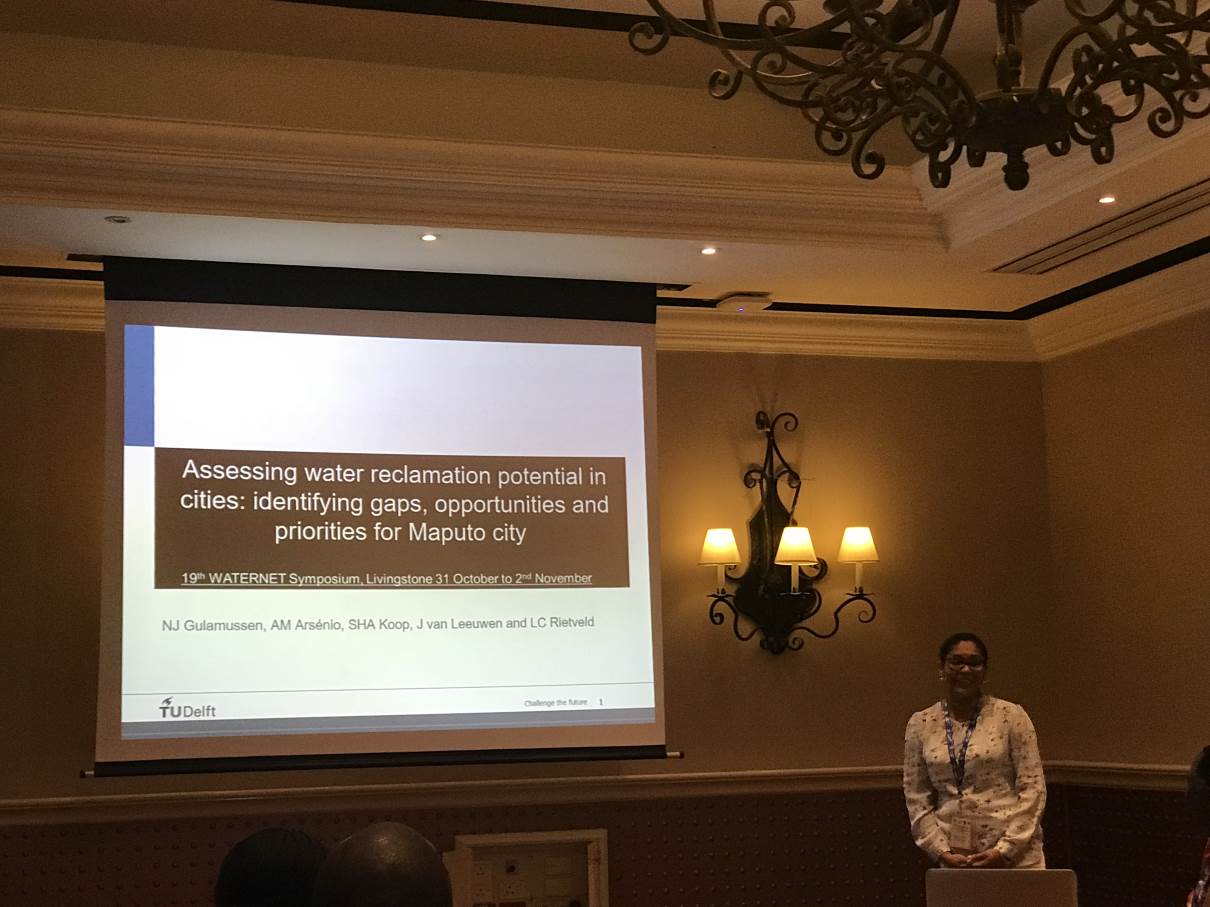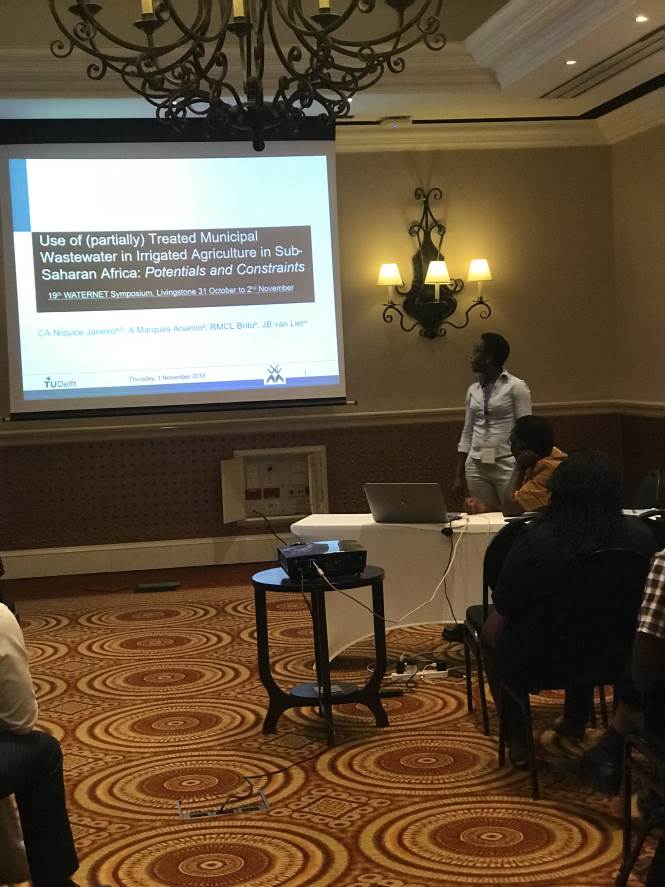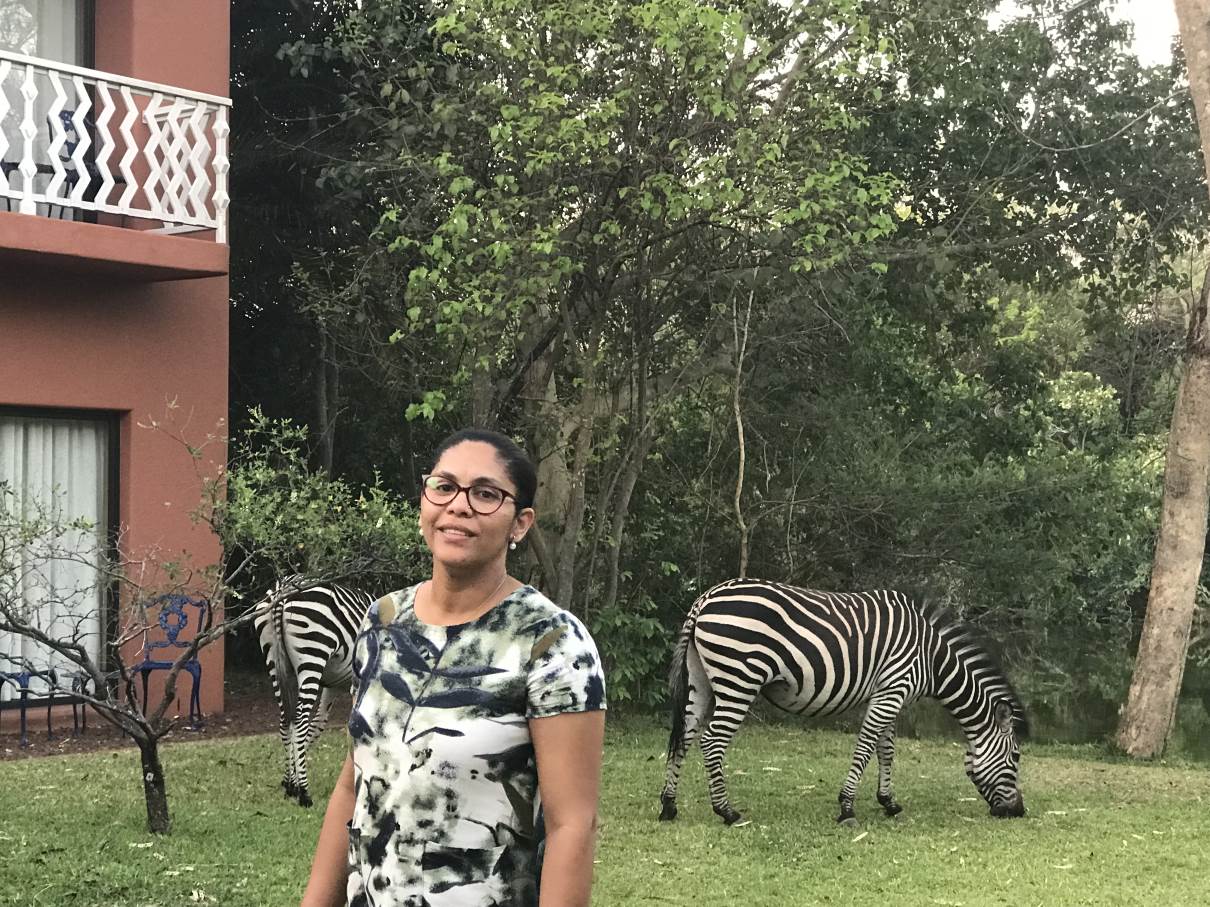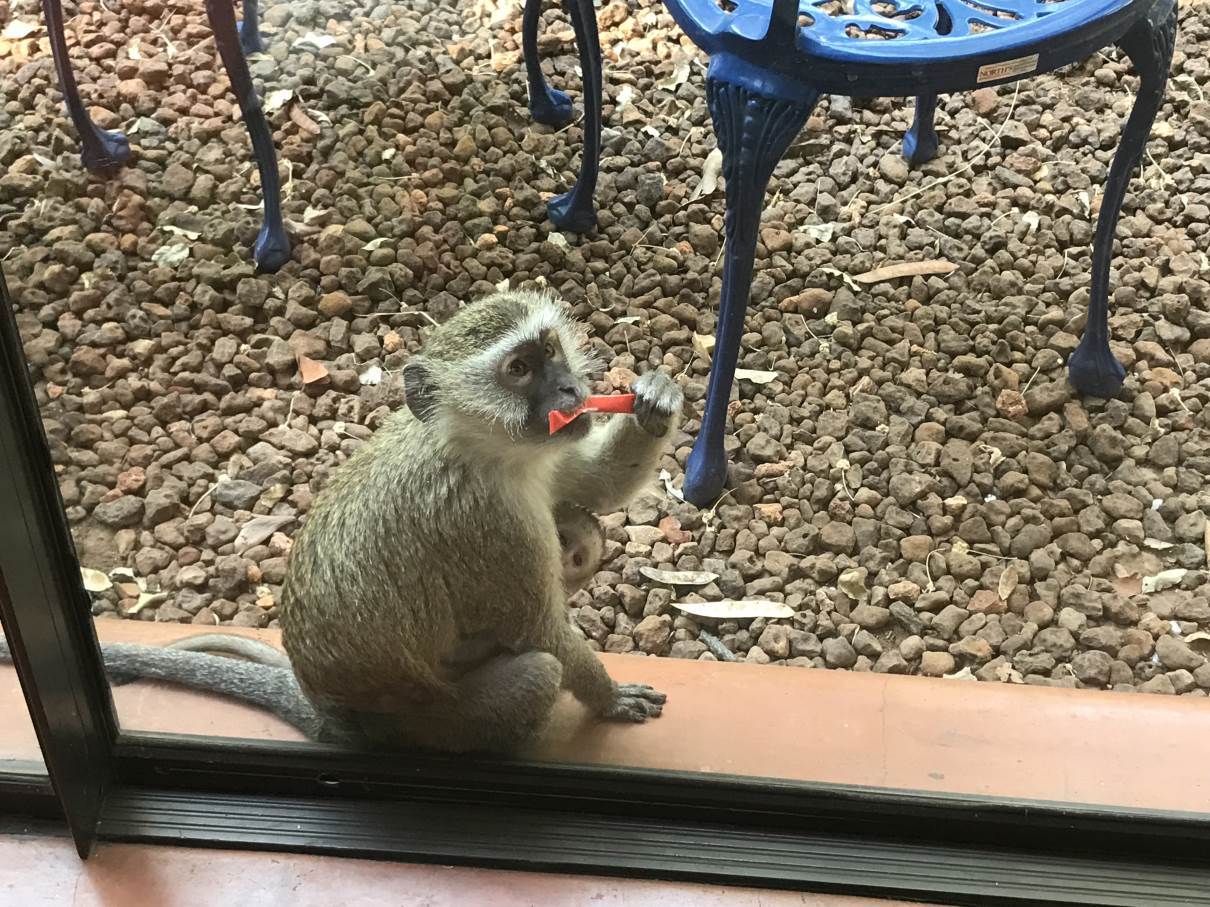Last week we had our fifth and last webinar on African Case Studies. How did it go? What are our thoughts on the series of webinars? Read all below. Continue reading
Third Webinar – Governance and Inclusive Urban Management
By Adriano Biza and Natalia Reyes Tejada
On 18th November 2020, we had our third webinar on Governance and Inclusive Management of Urban Water, with about 45 participants. Read all about it below. Continue reading
Second webinar – Water reclamation
By Celma Janeiro and Noor Gulamussen
On 14 October 2020 we had our second webinar, with more than 60 participants. Read all about it below. Continue reading
Síntese do primeiro webinar – The urban Water Cycle
by Formão Gimo
Por forma de permitir o acesso à informação disseminada durante os webinars para leitores que não dominam a língua inglesa, partilhamos agora o relatório do webinar preparado pela AQUASHARE. Continue reading
The first webinar – The Urban Water Cycle
by André
We had our first webinar two weeks ago and I would say it was a success with more than 80 participants. Read all about it below.
Continue reading
Applying New Institutional Economics to the Mozambican water and sanitation sector
by Noud
I wrote my Industrial Ecology thesis as part of the this project, wherein I focussed on the (informal) institutions that govern the relations between the actors present in Maputo’s sanitation sector. My research found its origin in the school of New Institutional Economics (NIE), which is an economic perspective that attempts to extend economics by focusing on the institutions, i.e. the social and legal norms and rules, that underlie economic activity and with analysis beyond earlier institutional economics and neoclassical economics. NIE assumes that individuals are rational and that they seek to maximise their preferences, but that they also have cognitive limitations, lack complete information and have difficulties monitoring and enforcing agreements. Continue reading
Webinars on Integrated Urban Water Management
by André
As I mentioned in our last post we are organizing a series of webinars covering the various aspects of the “Integrated Urban Water Management “. The webinars are part of a project in partnership between AQUASHARE and TU Delft, funded by NWO‘s program on Urbanizing Deltas of the World. In this new post I am sharing detailed information about the first three events, starting from September 2020. Continue reading
New project: Supporting Integrated Urban Water approaches for urbanizing Maputo through capacity building and advocacy activities
by André
We are very happy to inform you that we have a new capacity building and advocacy project together with AQUASHARE. Read all below. Continue reading
Project update
by Noor, Celma, Natalia and Adriano
This is a long-due update on project activities. Each one of our PhD students wrote a short summary of the activities done in the previous months.
Attending Waternet and Industrial water conferences
Last year we were represented by Celma and Noor in a couple of conferences. Let’s find out how did that go.
By Noor and Celma
Industrial Water 2018 – Frankfurt am Main – 27 – 29 November 2018
For the first time, a European forum that was used to discuss challenges in industrial water management and how can new strategies, developments and technologies make industrial water use more efficient was opened to other than European countries. It was an opportunity to learn about relevant topics along the industrial water value chains: from raw water to waste water treatment; from sensoring to digitization in industrial water management; from alternative water resources to zero liquid discharge and integrated management.
On the first day, after attending an interesting plenary talk on Industrial Water 4.0 – Perspectives and challenges of digitalisation for industrial water management and other related topics on Cooling water management I also presented my work on “Possibilities for Use of Reclaimed Water for Cooling at a Thermal Power Plant in Maputo”.
The second day I mostly attend the maintenance, wastewater technologies and integrated industrial water management sections talks and ended up the day with the Conference Dinner in the city of Frankfurt. In the last day my attention was more on wastewater treatment technologies and towards water loop closure. Most of the cases presented were of developed countries were attention is on management of wastes that results from the treatment, systems digitalization and resources recovery.
Waternet conference – Livingston – 31 October to 02 November 2018
We arrived at Harry Muaza international airport on 30th October at 12:30 in Livingstone to participate at 19th Waternet symposium. The first we observed was cleanness of town as we were moving to the Avani Victoria Fall Hotel, where we were hosted. At the entrance to the hotel we had a warm welcome by the one of the tallest animal in the world, a giraffe at such a beautiful and pleasant place to be. The weather was good and we spend a nice afternoon in company of antelopes and zebras that were walking around. Our first lunch, we had the local and typical food from the falls. This was a taste and delicious bream grilled fish from Zambezi river accompanied by nchima a similar dish we have in central part of Mozambique.

Celma and Noor presenting their work at Waternet.
The next day (31st October) , was the kick out of the conference. This was quit long has we had a very loaded program that ended up with a cocktail. The program started with speeches from the central government in Zambia the Permanent Secretary in the Ministry of Water Development, Sanitation and Environmental Protection Bishop Dr. Edward Chomba. followed by plenaries.
The second day (1st November) we had a very interesting episode in the morning when a monkey holding his baby entered in our room and stolen some packages of sugar and powder milk. We then had our presentations and attended some other nice talks. Celma presented her topic on “Use of (partially) treated municipal wastewater in irrigated agriculture in Sub-Saharan Africa: potentials and constraints” and Noor presented two topics “Assessing water reclamation potential in cities: identifying gaps, opportunities and priorities for Maputo city” and “Study of Parameters of Concern in Reclaimed Water for Construction Industry in Maputo, Mozambique”. The presentations went well and interesting discussions were raised that will improve the content of topics.
The last day (2nd November) was again a very busy day where shared interesting ideas on a special session dedicated to Mozambique with the topic: Towards Sustainable water management in Mozambique. The afternoon we had opportunity to visit the 7th wonder of the world, the Victoria Falls. In the afternoon, we had a field trip to measure water flows on Zambezi river.
Our tip back was on Saturday (3rd November) and we are thankful for the great opportunity to participate in this conference, we had chance to know other projects and to meet and discuss with people of different background and working experiences.






